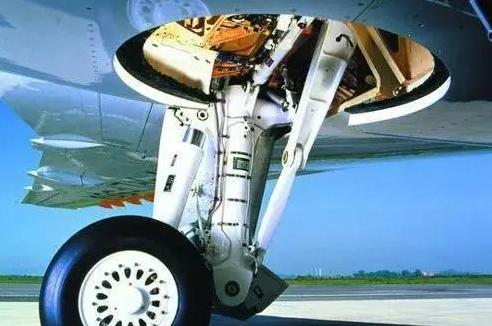What are the considerations for CNC milling of aircraft parts?

CNC milling is a fundamental manufacturing process in the aerospace industry, serving a pivotal role in producing aircraft components with precision and uniformity. When engaging in CNC milling for aircraft parts, it is imperative to meticulously account for a multitude of essential factors to ensure the safety, quality, and operational efficiency of these components. These factors encompass:
l Cooling and Lubrication: Cooling and lubrication systems are used to dissipate heat generated during machining and to reduce tool wear. Proper cooling and lubrication are crucial for maintaining part quality and tool life.
l Quality Control: Rigorous quality control measures, including in-process inspections and post-machining inspections, are critical to ensure that the final parts meet the required specifications and standards.
l Documentation and Traceability: The aerospace industry places a strong emphasis on traceability and documentation. All machining processes, materials used, and inspection results must be well-documented to meet regulatory requirements and maintain accountability.
l Safety: Safety is paramount in aerospace manufacturing. Machinists and operators must adhere to strict safety protocols, and machines should be equipped with safety features to minimize the risk of accidents.
l Regulatory Compliance: Aerospace parts must meet stringent regulatory standards and certifications, such as those established by organizations like the FAA (Federal Aviation Administration) and EASA (European Union Aviation Safety Agency). Compliance with these standards is essential.
l Cost and Efficiency: While ensuring safety and quality, aerospace manufacturers also need to consider cost-effectiveness and production efficiency to remain competitive in the industry.
Overall, CNC milling in aerospace requires a meticulous approach to machining, a focus on quality control, and adherence to strict industry standards and regulations to ensure the integrity and safety of aircraft components.
- Art
- Causes
- Crafts
- Dance
- Drinks
- Film
- Fitness
- Food
- Giochi
- Gardening
- Health
- Home
- Literature
- Music
- Networking
- Altre informazioni
- Party
- Religion
- Shopping
- Sports
- Theater
- Wellness


